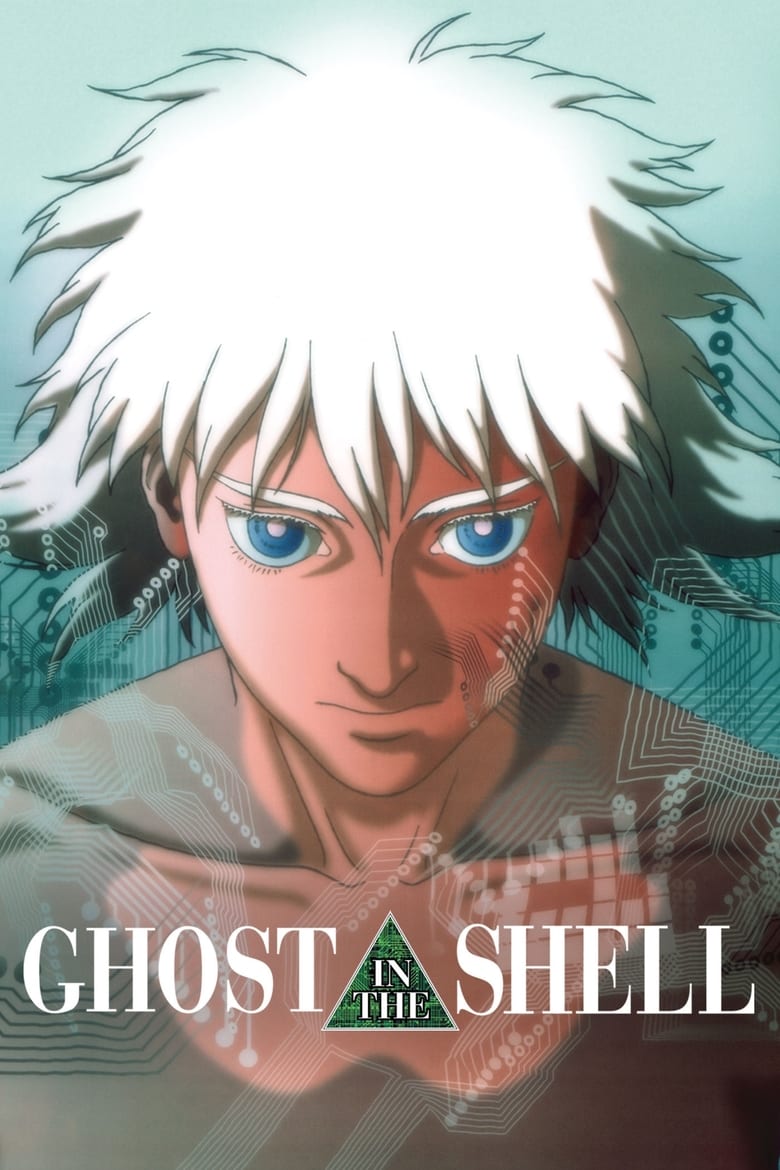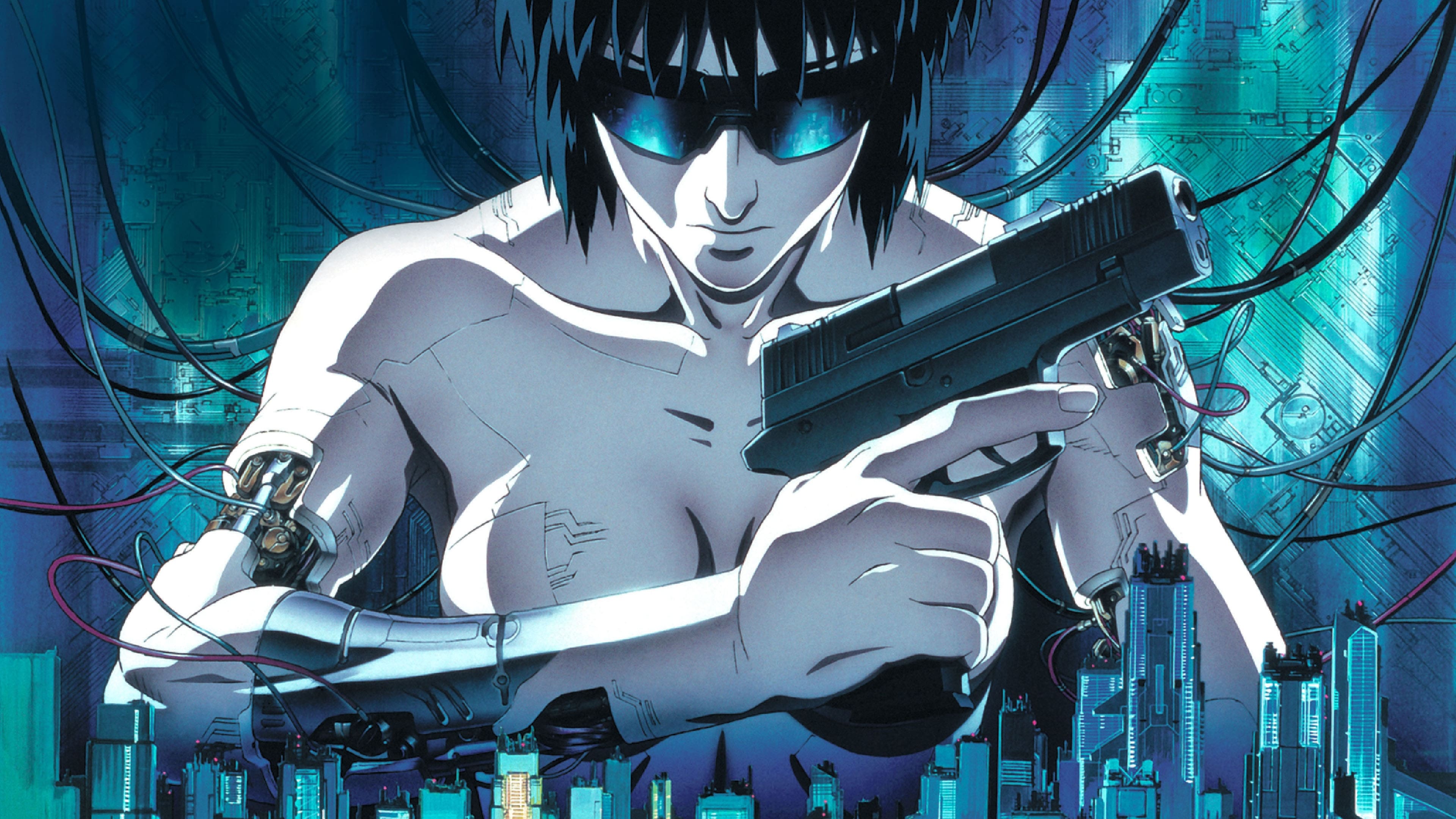
Ghost in the Shell
In the year 2029, the barriers of our world have been broken down by the net and by cybernetics, but this brings new vulnerability to humans in the form of brain-hacking. When a highly-wanted hacker known as 'The Puppetmaster' begins involving them in politics, Section 9, a group of cybernetically enhanced cops, are called in to investigate and stop the Puppetmaster.
badelf@badelf
In the 1990s, Ray Kurzweil wrote about his "Singularity" theory - the future when man and computer are wholly merged. His predictions of AI are perhaps only now coming to fruit. This 1995 movie is the original Ghost In The Shell, which I finally watched. Mamoru Oshii's masterpiece, based on a manga by Shirow Masamune, is not only consistent with Singularity theory, but also remarkably prescient. This is the first film to broach the tough question of "what does it mean to be conscious?" in the context of AI (Artificial Intelligence).

CinemaSerf@Geronimo1967
It's a society where humanity has been largely subsumed into a digital world; where cyborgs are a norm and where people are now, essentially, dependant on their own technology for just about all aspects of their survival. In this virtual environment, the "Puppet Master" is the kingpin of the criminal world. It knows that by accessing the minds of those connected to the internet, it can obtain lots of juicy information to facilitate a spree of lucrative and threatening crime. Our very thoughts and dreams are now susceptible - and so the government creates "Section 9". Their job is to reverse-engineer some of these hacks and to try and trace the mastermind before it becomes unstoppable. What now ensues is not the finest example of animation you will ever see - indeed some of the artistry is disappointingly basic and linear. What makes this work is a sold story that questions the very soul of what it is to be an human being. It probes what makes us, well, us... Our identity, our personality - all are vulnerable to manipulation here by something adept at capitalising on the flaws and failings of each of us. Once these flood gates are open, is it even possible to arrest it as global interconnectivity makes control nigh on impossible. There are emerging elements of apocalypse to the plot - but they serve to illustrate the dangers of walking into convenience eyes open, but not looking - and there's some potent dialogue here about our complicity in our what could potentially be our own downfall. Can we necessarily spot truth from fiction any more? What is real and what is not? It's not your typical animé, but it does get you thinking and is very much worth watching.
